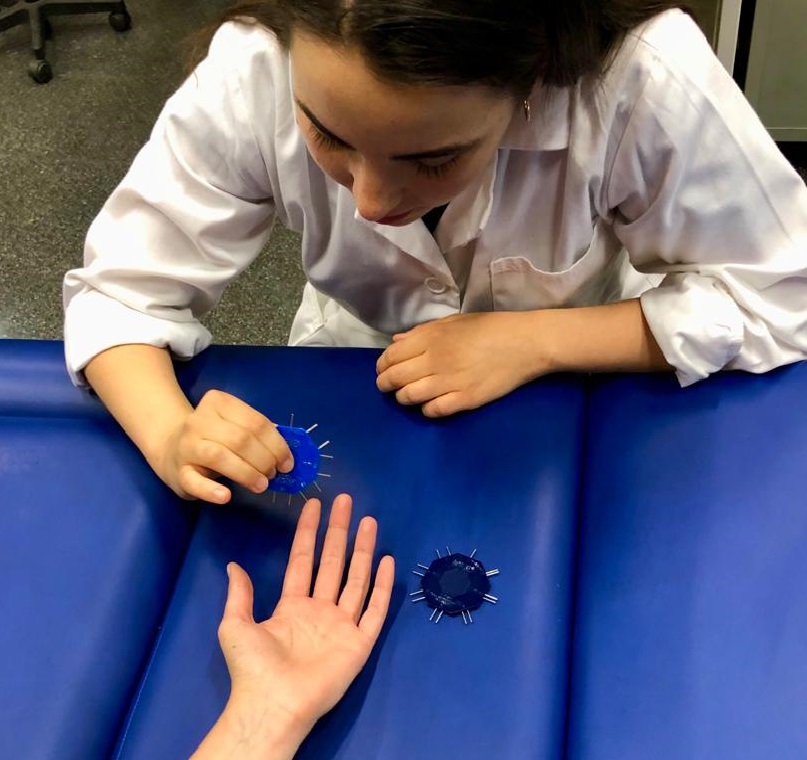CTS
NCT05115396
Carpal tunnel syndrome (CTS) is the most prevalent entrapment neuropathy. CTS presents with motor and sensory disturbances, including pain, paraesthesia and numbness in the fingers and hand. Therefore, the syndrome has a great impact on activities of daily living.
There are non-surgical treatments that can be effective in people who experience mild or moderate symptoms derived from CTS. Among them, flexor tendon and median nerve sliding exercises may offer an improvement in pain severity and symptoms, strength, wrist joint range, functionality and quality of life for people with CTS. However, there are few studies on the effectiveness of treatments focused on the mechanisms of neuroplasticity through techniques aimed at rehabilitating different deficits.
Mirror therapy (MT) may be beneficial in musculoskeletal injuries involving pain and reduced functionality of a body segment. For example, in people with acute stroke, orthopaedic hand injuries or complex regional pain syndrome type 1. However, its effect has not been studied in patients with mild or moderate CTS.
Thus, the aim of this study is to analyse the effectiveness of mirror therapy combined with conventional CTS exercises on symptoms of median nerve compression, pain, mobility, strength and motor function in patients with CTS.
carpal tunnel syndrome, mirror therapy, neuroplasticity
- Serra Año, Maria Pilar
- PDI-Catedratic/a d'Universitat
- Vicerector/A
- Vicerectorat de Sostenibilitat, Cooperacio i Vida Saludable
- Aguilar Rodriguez, Marta
- PDI-Titular d'Universitat
- Responsables de Gestio Academica
- Coordinador/a Practiques Ext Centre
- Muñoz Gomez, Elena
- PDI-Ajudant Doctor/A
- Coordinador/a Curs
- Ingles De La Torre, Marta
- PDI-Titular d'Universitat
- Vicedega/Vicedegana / Vicedirector/a Ets
- Sempere Rubio, Nuria
- PDI-Titular d'Universitat
- Responsables de Gestio Academica
- Coordinador/a Titulacio de Grau
- Molla Casanova, Sara
- PDI-Ajudant Doctor/A
- Cap de Seccio-Servei
- Cap Iniciatives Per a Sostenibilitat



.jpeg)
.jpeg)
.jpeg)






